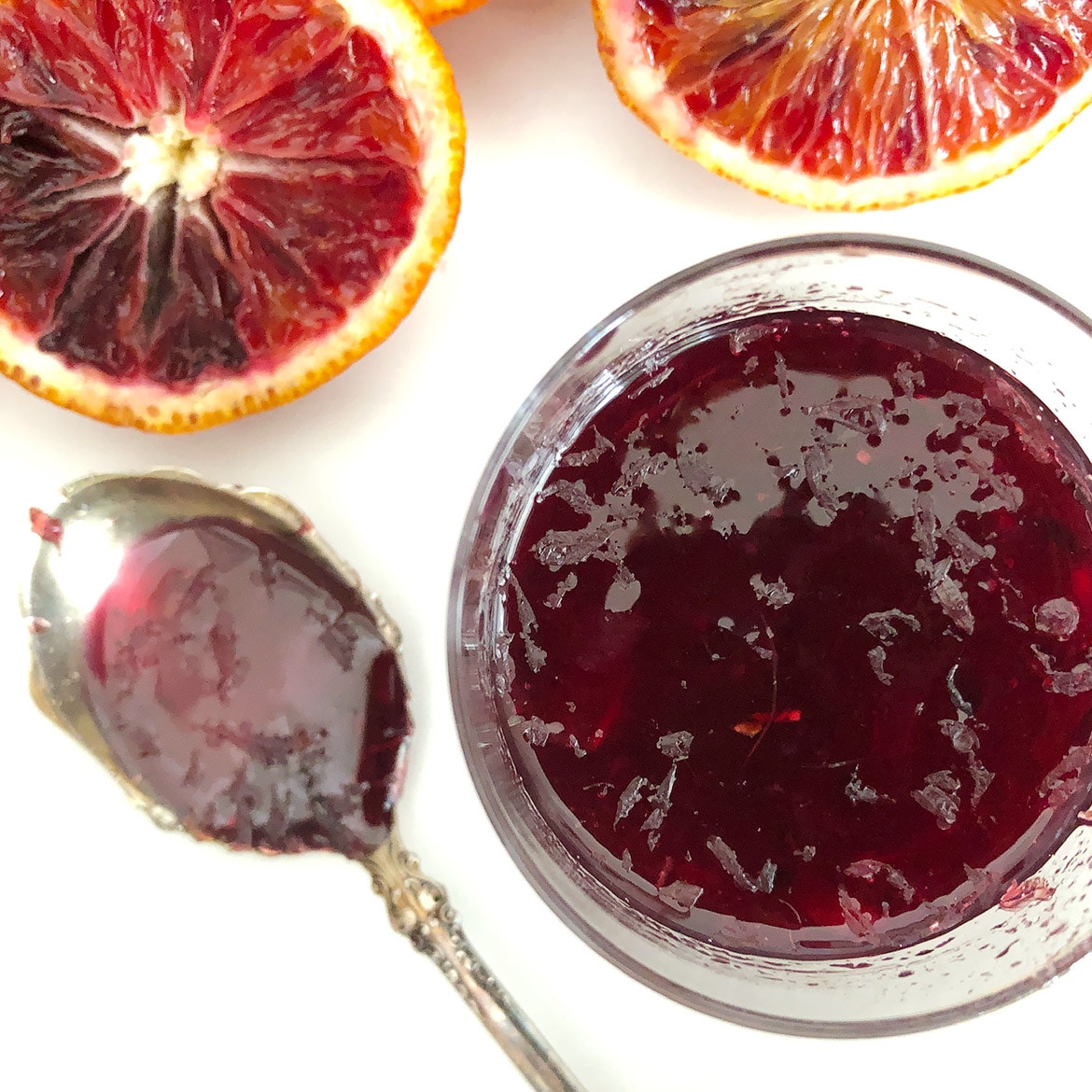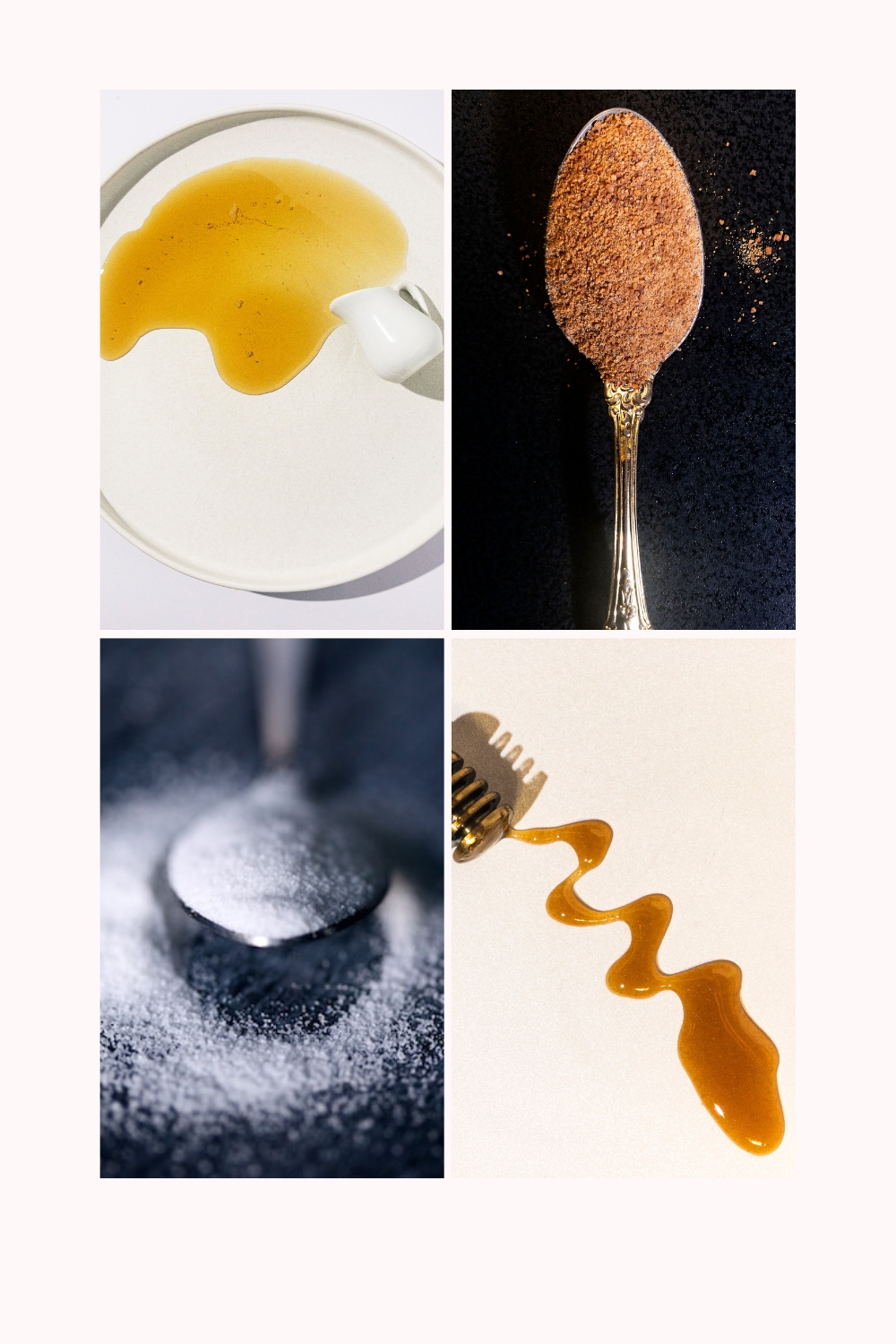What kinds of sweeteners are allowed? And does it make a difference if you're plant-based or vegan?
In many recipes, the terms plant-based and vegan are used interchangeably. However, sugar is one area where the two terms don't overlap completely. This is because vegan-ism goes beyond dietary choices -- it's a lifestyle that avoids animal cruelty. If animal products are used in processing the food -- even if they don't remain in the final product -- the food isn't considered vegan. This is the case with some brands of white sugar (and sugars made from it, including brown sugar and icing sugar).
If you consider yourself plant-based (over vegan) the good news is that all sweeteners, except honey, are made from plants: from cane sugar to coconut sugar to maple syrup and stevia, there are many plant-based options. Some plant-based eaters eat all types. Some choose to avoid, or limit, more refined sugars.
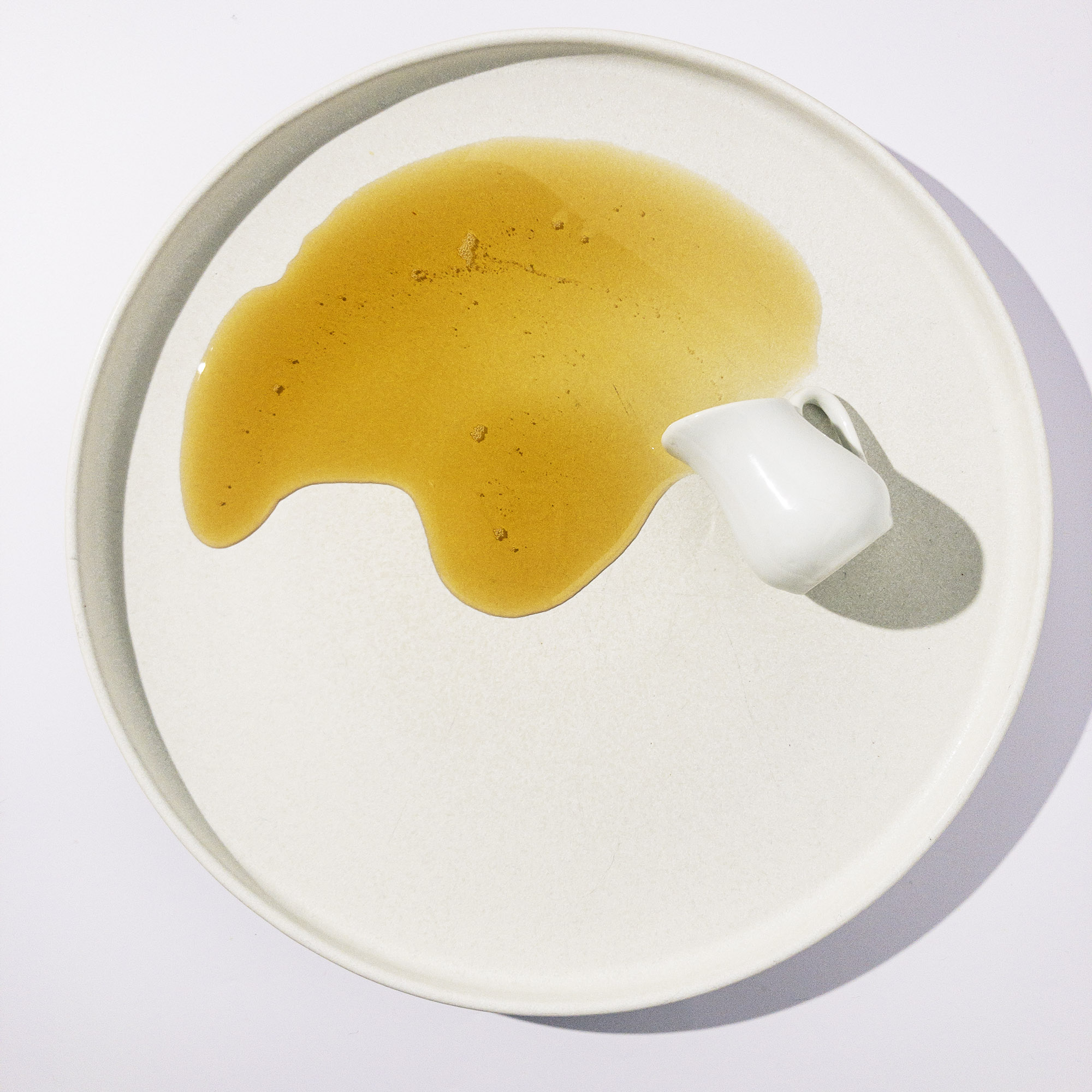
What about honey?
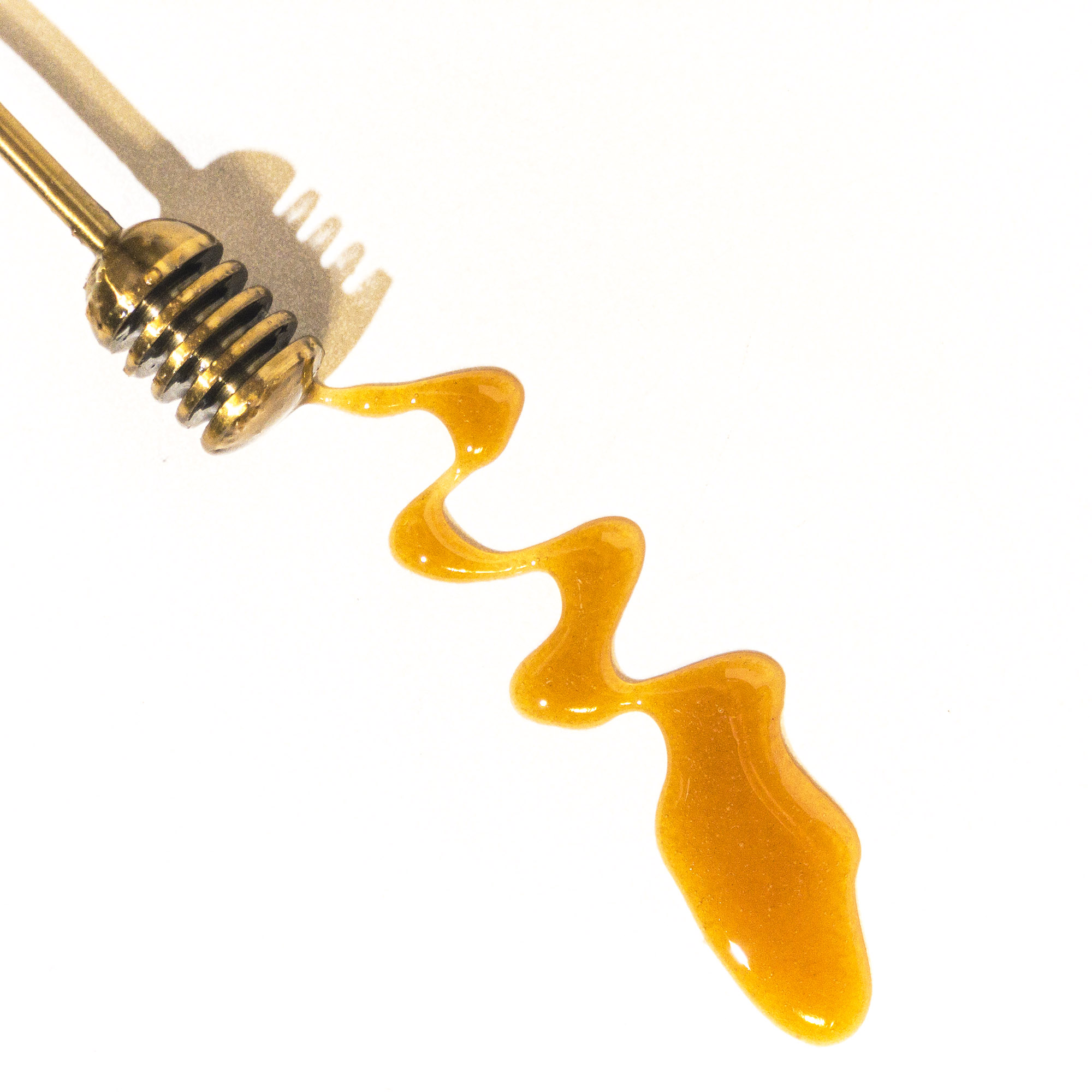
Whether to eat honey is a contentious issue. It's made by bees, and therefore not plant-based; however many plant-based eaters choose to include it in their diet.
We believe what you eat is a personal choice. We do include honey in some of our recipes, and typically include alternatives.
At a glance: Is my sweetener vegan-friendly?
This alphabetical list of the most common types of sugar indicates whether they're vegan-friendly.
friendly
it depends
not vegan-friendly
Agave nectar
Also known as agave syrup, this vegan-friendly liquid sweetener comes from the agave plant. Agave has its own unique flavour that's sweeter than white sugar. Use it in Dairy-Free Fruit Parfait or try it in any recipe that calls for honey or maple syrup.
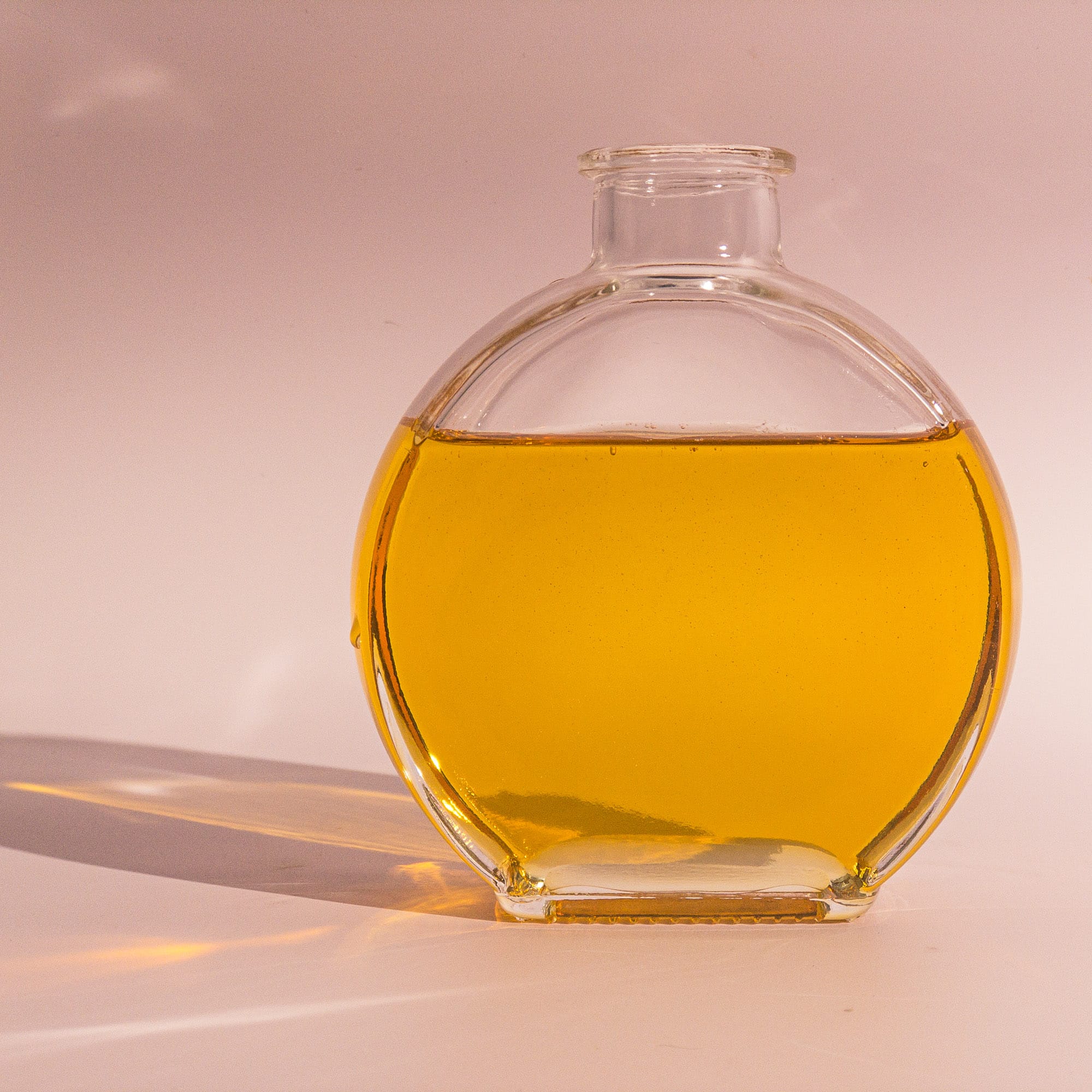
Brown sugar (light or dark)
Brown sugar may be vegan-friendly -- it depends on how it's manufactured. One way to make brown sugar is by coating white sugar in molasses. This is done to make both light brown sugar (sometimes just referred to as brown sugar) and dark brown sugar - which has more molasses added.
If the source white sugar is processed with bone char, then the brown sugar made with it will not be vegan-friendly.
In the US and Canada, organic sugar is not processed with bone char, therefore, organic brown sugar is vegan-friendly.
Try using brown sugar to sweeten this delicious Pear Zucchini Bread.
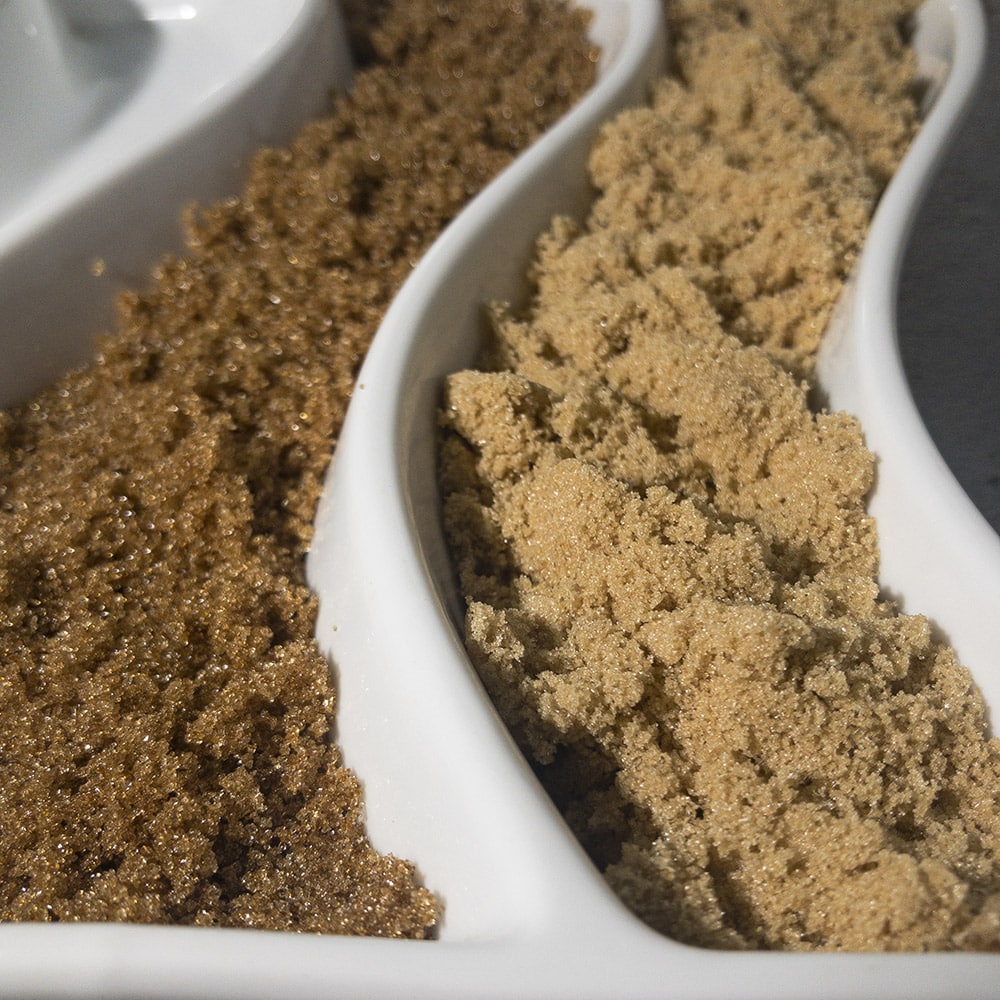
Cane sugar (organic)
Organic cane sugar is vegan-friendly. Cane sugar itself, as the name suggests, is made from sugarcane (instead of sugar beets). Organic cane sugar comes from organically grown sugarcane. It is less processed than white sugar, with slightly larger crystals and is a golden colour, instead of white.
In recipes, it's generally safe to swap equal amounts of white sugar with cane sugar. Since the cane sugar is golden brown it may change the colour of the finished recipe.
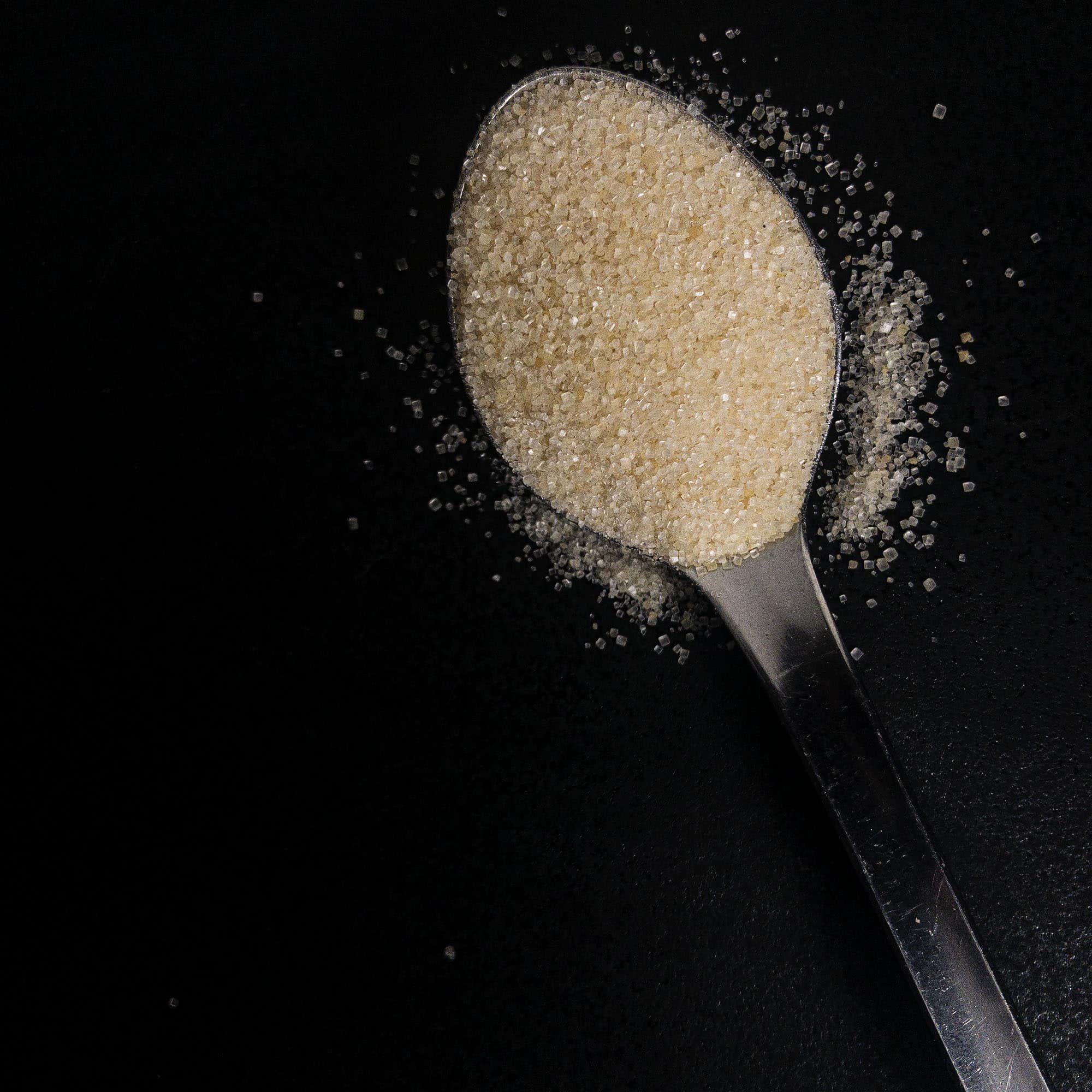
Coconut sugar, aka coconut palm sugar
Coconut sugar is vegan-friendly. Made from the sap of coconut palm trees, coconut sugar has a lovely caramel flavour that's delicious in baked goods like these 1-Bowl Zucchini Chocolate Chip Muffins.
You can swap white sugar one-to-one with coconut sugar in baking and other recipes to add a mellow sweetness. Keep in mind that coconut sugar may darken the colour of the finished recipe.
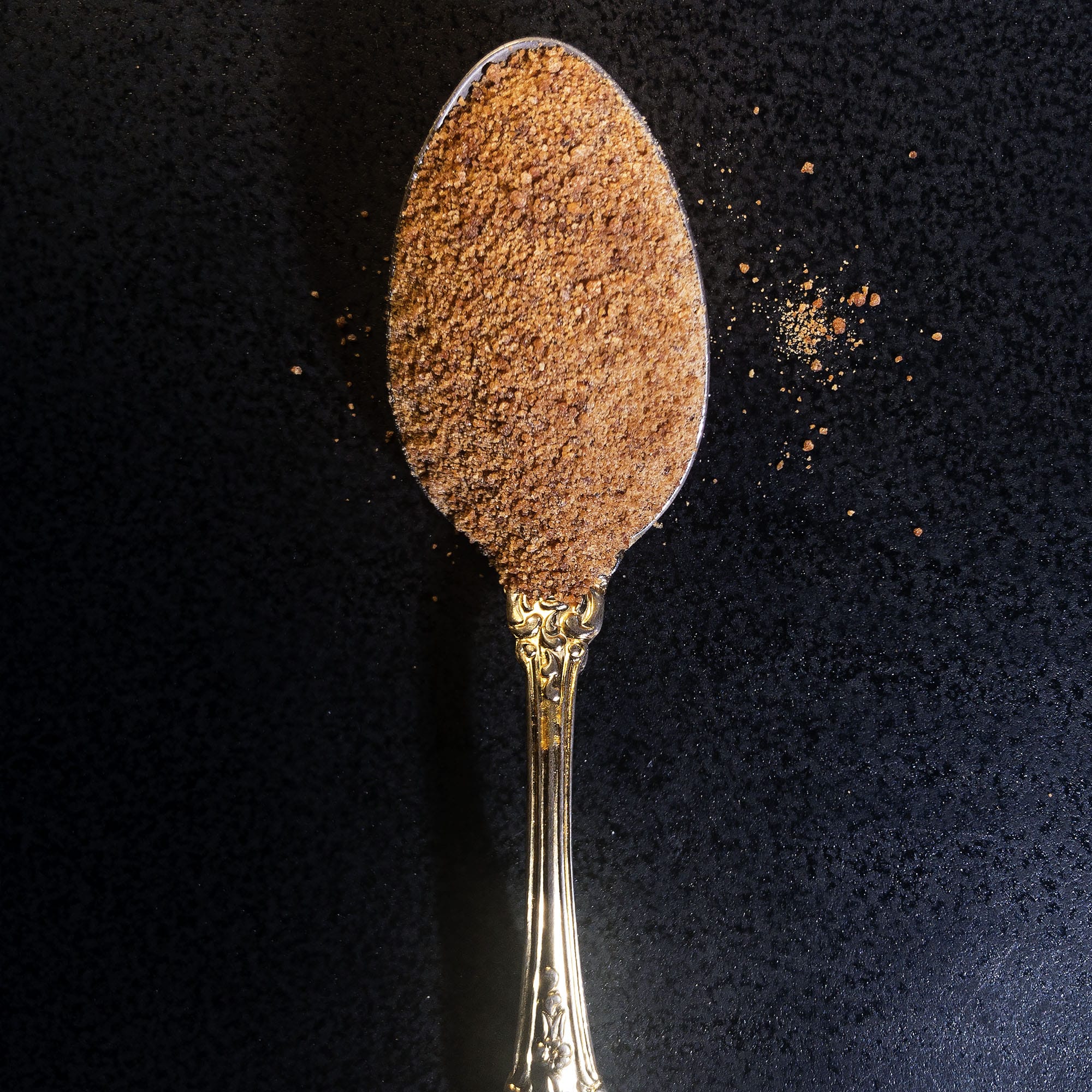
Confectioner's sugar, aka powdered sugar, or icing sugar
Confectioners' sugar may be vegan-friendly - it depends on how it's manufactured. Confectioners' sugar is just finely ground white sugar (sometimes with cornstarch added). If the white sugar is processed with bone char, then the confectioners' sugar will not be vegan-friendly.
In the US and Canada, organic sugar is not processed with bone char.
Tip: You can make your own confectioners' sugar in just a few seconds using a blender or food processor. Try making some for our Vegan Brown Butter Shortbread.
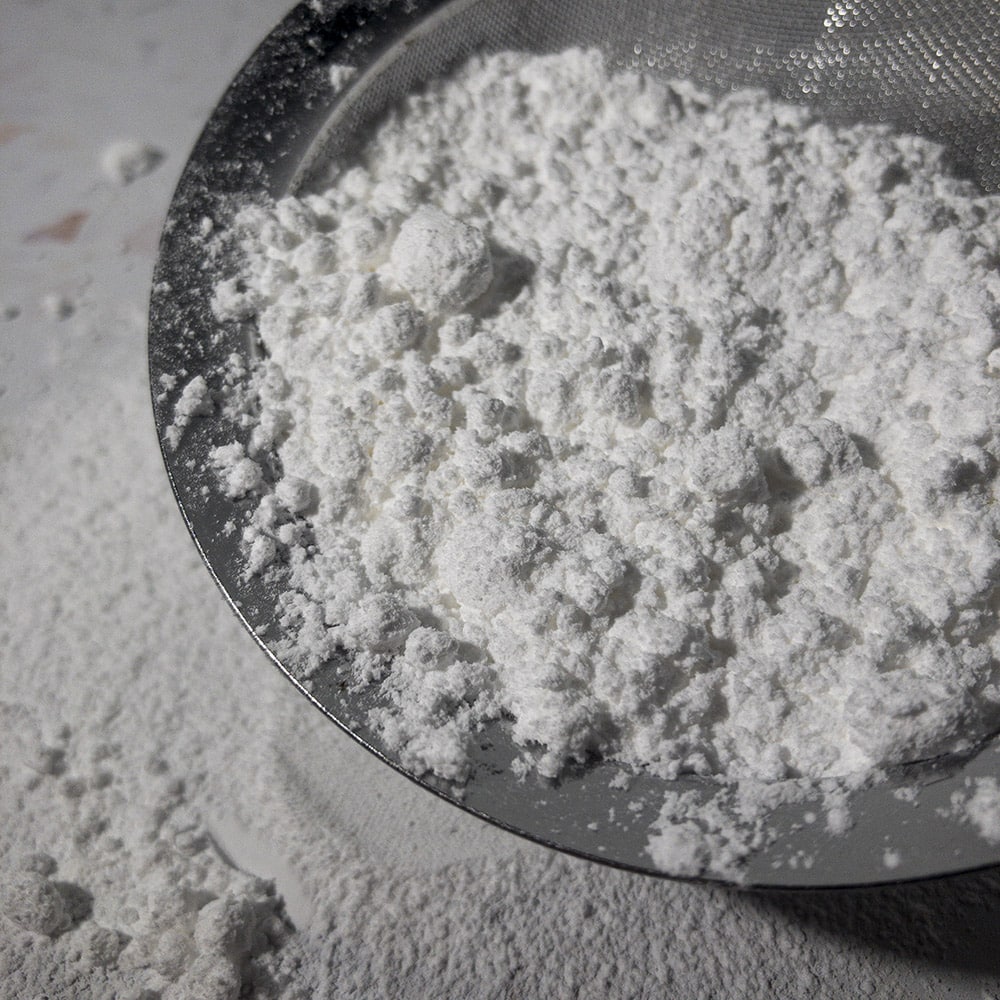
Honey
Since honey comes from bees, strict vegans avoid it. Whether vegans should eat honey is a controversial topic.
At not not nutritious, we use honey in some recipes, such as our 1-Bowl Zucchini Chocolate Chip Muffins. (We've also tested it with maple syrup, if you want to avoid the honey.)

Maple syrup
Maple syrup is made from the sap of maple trees and most people consider it vegan-friendly. However some manufacturers may use non-vegan ingredients for de-foaming and filtering. Check the label or contact the manufacturer if this is a concern.
Note that maple syrup is not the same as pancake syrup or table syrup, both of which may include additional ingredients which may not be vegan-friendly. Read the label or check with the manufacturer to confirm.
Want to try an easy recipe using maple syrup? Our Maple Rhubarb Compote is a versatile fruit compote that you’ll love for breakfast over yogurt or for dessert over ice cream.

Stevia
Stevia is a sweetener made from the leaves of the Stevia plant. You can buy stevia in powdered or liquid form. You'll also find it as an ingredient in manufactured products such as teas, soft drinks, and juices.
Compared to the same volume of white sugar, stevia is extremely sweet: 100 to 300 times sweeter. Because of this, and also because stevia is chemically different than sugar, it cannot be used as a one-to-one substitute in baking.
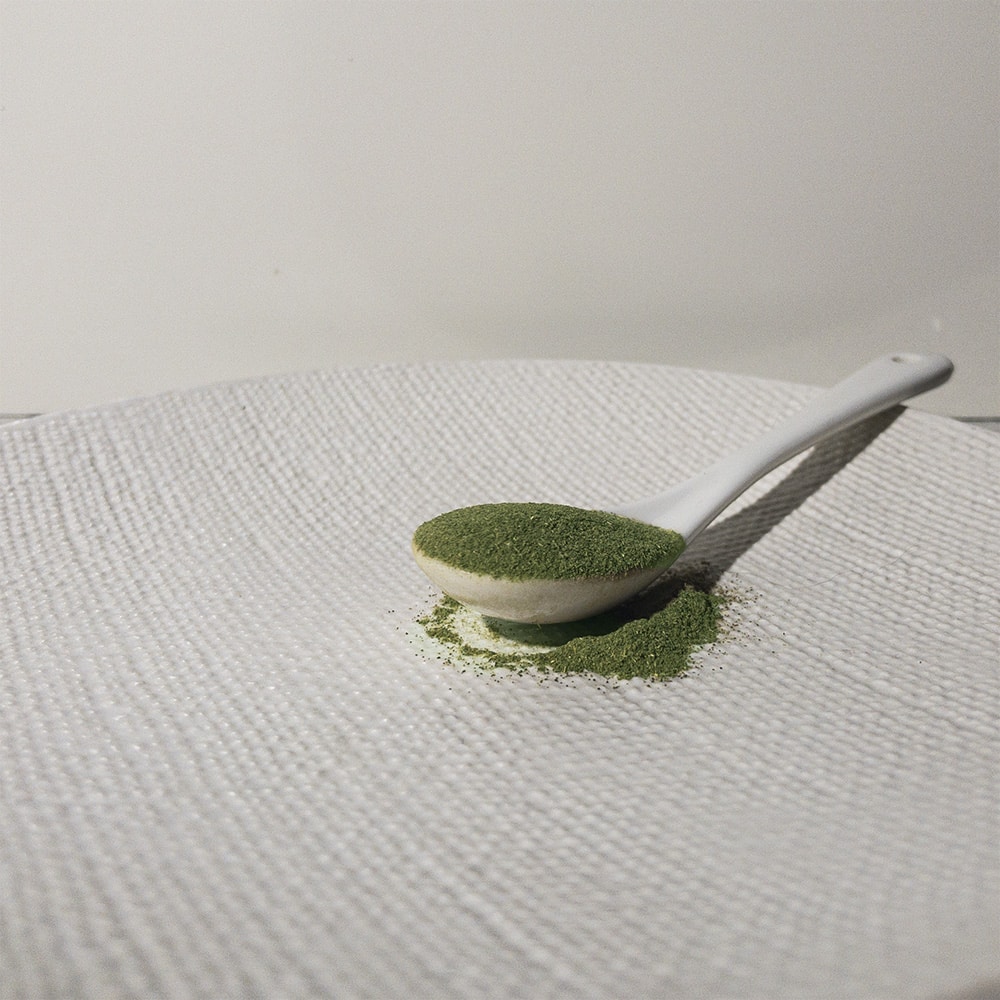
White sugar
Whether white sugar is vegan-friendly or not depends on how it's manufactured. Some manufacturers use bone char (aka natural carbon) in the refining process. Look for packages labelled vegetarian/vegan, or check with the manufacturer.
In the US and Canada, organic sugar is not processed with bone char.
In Canada, if your sugar is from one of the two largest sugar refineries, Lantic and Rogers, check the product codes on their bags: codes starting with 22 are bone-char free, codes starting with 10 are not.
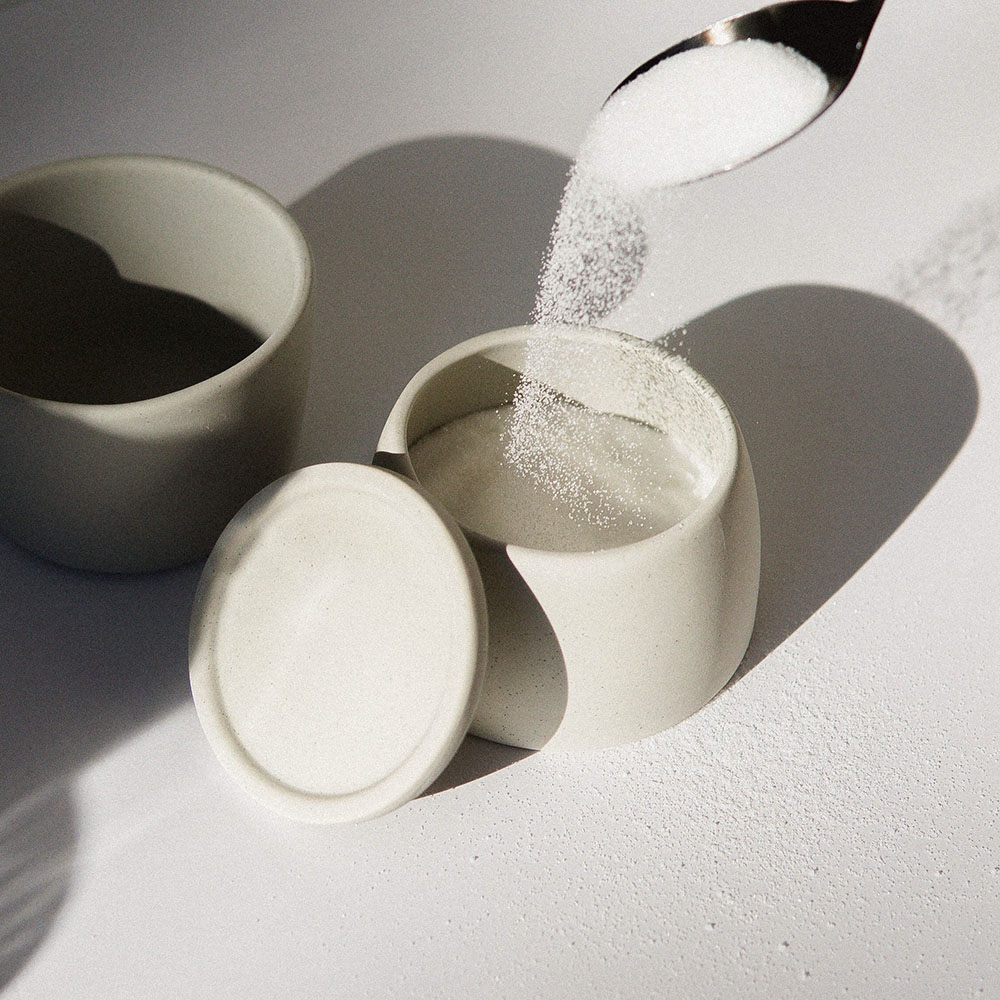
Infographic: Is my sweetener vegan?
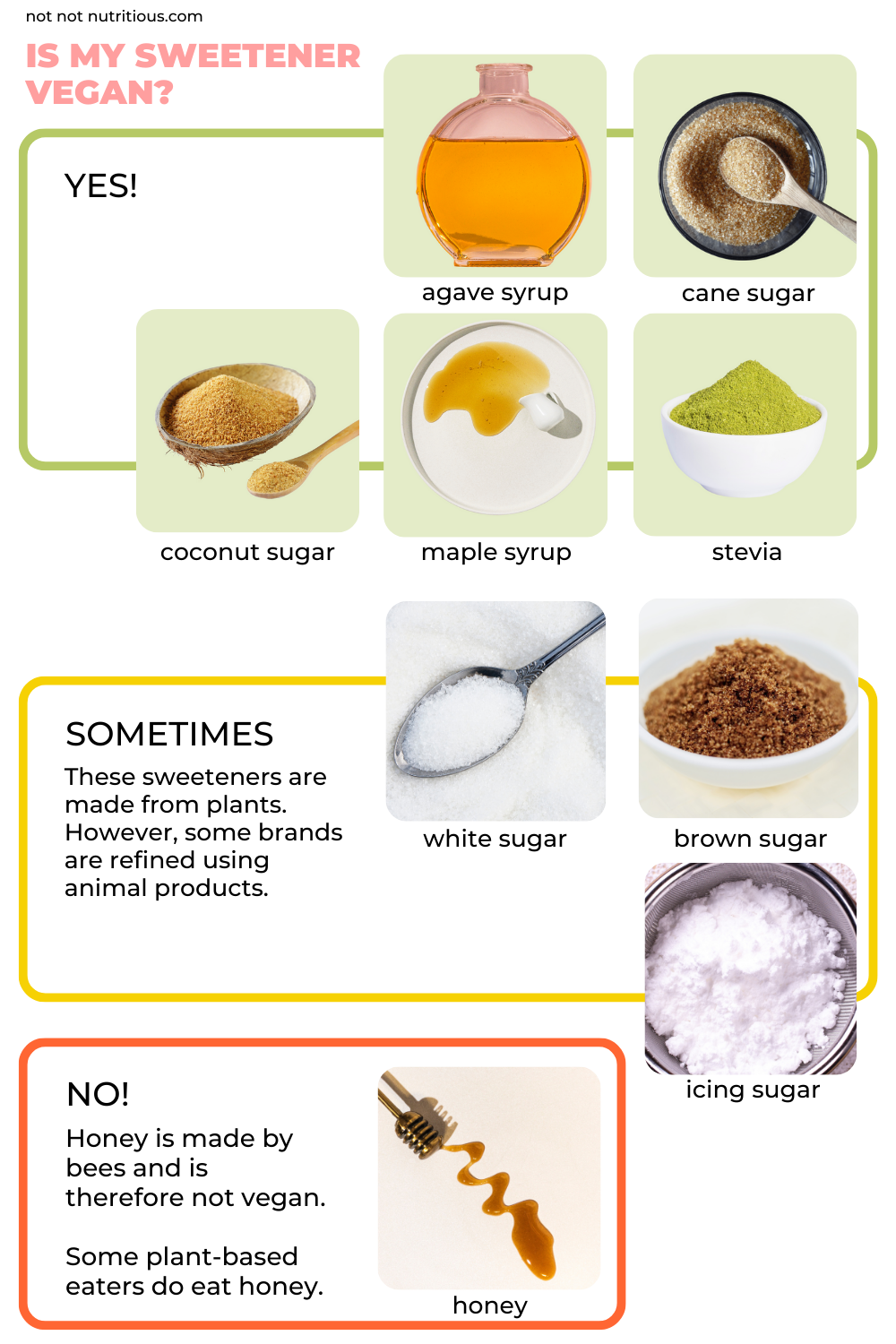
In-Depth: Sugars
About honey
Bees collect nectar from plants, return with it to their hive, and work collaboratively to fill the honeycomb with liquid nectar.
TLDR: Honey is not vegan.
Honey is not vegan as it's made by bees.
Honey is produced by bees, so it's not considered vegan. However, many people who otherwise identify as vegans make exceptions for honey. Whether vegans 'should' eat honey is a highly contentious issue. If you want to start a heated discussion, asking about honey in a vegan facebook group is a good way to get the party started.
If you want to start a heated discussion, asking about honey in a vegan facebook group is a good way to get the party started.
If you follow a plant-based, as opposed to vegan, diet, honey is usually acceptable. At not not nutritious, we believe the choice is yours. We do use honey in some of our recipes, and to accommodate different diets we typically include alternatives as well.
PS: Honey is an ancient food with a fascinating history.
Featured Recipe:
Nectarine Salsa
A vibrant home made salsa with a touch of honey for sweetness and bird's eye chilis for heat.
You'll love this with chips, or serve over grilled chicken or white fish.
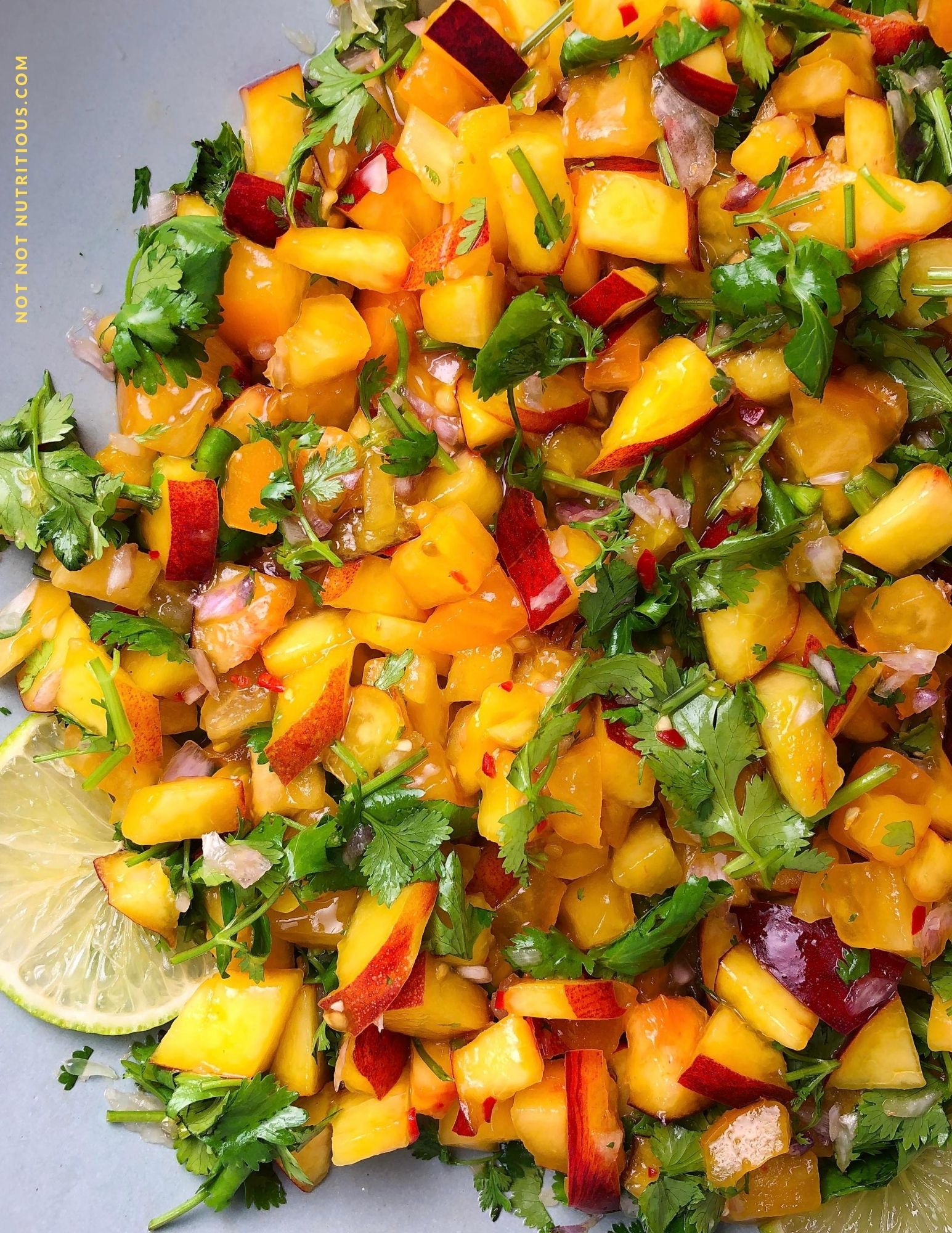
About white sugar
White sugar is also referred to as table sugar, granulated sugar, or just sugar.
Confectioners' sugar, coarse sugar, superfine sugar, and some types of brown sugar are all made from white sugar.
TLDR: Is white sugar vegan?
Some white sugar is not vegan-friendly as it's processed with bone char.
Organic sugar is vegan-friendly.
White sugar is made from sugarcane or sugar beets.
There's no difference in taste or appearance between white sugar made from sugarcane or sugar beets. About half of the sugar produced in the US comes from sugar beets.
Featured Recipe:
No-Cook Blood Orange Syrup
White sugar and orange rinds are all you need to make this simple no cook orange syrup that's guaranteed to enliven your next serving of plain yogurt, vanilla ice cream, or sparkling water.
